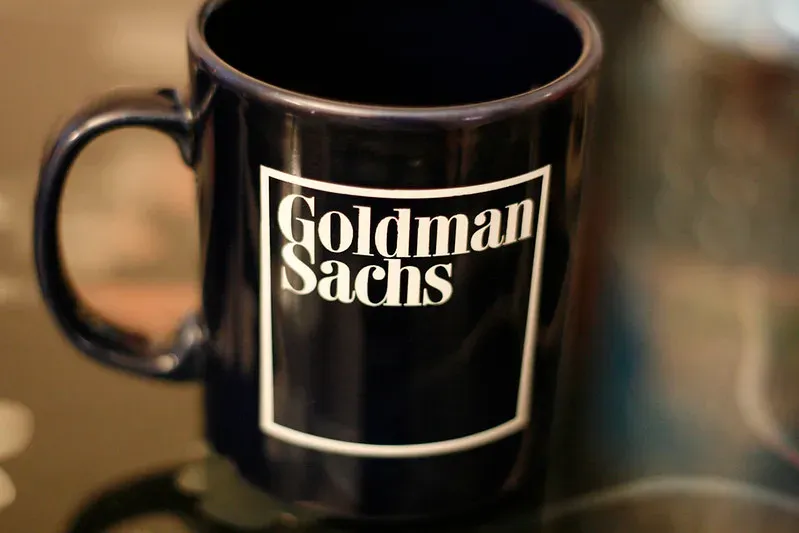Goldman Sachs to Spin Out Blockchain-Based Digital Assets Platform GS DAP

Goldman Sachs latest move aims to reshape institutional trading with blockchain technology. The Wall Street powerhouse announced plans to spin out its proprietary blockchain-based platform, GS DAP, into an independent, industry-owned entity, per an announcement on Monday.
The decision to separate GS DAP from Goldman Sachs aims to address a persistent challenge in the adoption of private blockchain solutions—industry reluctance to embrace platforms owned by competitors, according to the firm. By spinning out GS DAP as an independent entity, Goldman seeks to attract broader institutional participation, ensuring a more inclusive and scalable solution for the financial sector.
“We view permissioned distributed technologies as the next structural change to financial markets and are already demonstrating the meaningfulness of the technology’s perceived benefits,” Mathew McDermott, global head of digital assets at Goldman Sachs said in the announcement.
Private Blockchain, Industry-Wide Impact
GS DAP, which launched in late 2022, leverages private blockchain technology to tokenize financial assets, such as bonds, and reduce the time required for settlement. Unlike public blockchains like Ethereum and Solana, private blockchains require permissions to send transactions, offering a level of control often favored by financial institutions.
Goldman has partnered with Tradeweb Markets, a leading electronic trading platform, to expand GS DAP’s use cases. The collaboration signals a growing interest in leveraging blockchain for applications like tokenizing funds, issuing collateral, and enabling more efficient financial transactions.
McDermott emphasized the industry-wide benefits of the spin-out: “Delivering a distributed technology solution to a wide cross-section of financial market participants has the potential to redefine market connectivity, infrastructure composability, and to deliver a new suite of commercial opportunities for the buy- and sell-side. We view this as an important next step for our industry as we continue to build-out our digital asset offerings for our clients.”
Private blockchains have gained traction among U.S. banks due to regulatory challenges associated with public blockchain platforms. A 2022 SEC rule, SAB-121, imposes stringent accounting requirements for safeguarding crypto assets, limiting the use of public blockchains. As a result, many institutions, including Goldman Sachs, have focused on permissioned systems to remain compliant while exploring blockchain technology's potential.
However, the regulatory landscape may shift. With President-elect Donald Trump signaling plans to take a more crypto-friendly stance, there is cautious optimism about changes that could enable wider adoption of public blockchains for institutional trading.
Expanding Blockchain's Role in Finance
Goldman’s move comes amid a wave of institutional interest in blockchain and crypto. The approval of spot Bitcoin ETFs and growing recognition of tokenized assets have bolstered confidence in the technology. Other Wall Street players, including JP Morgan, have also invested in private blockchain initiatives, but adoption has remained limited due to competitive concerns.
By transitioning GS DAP into a standalone entity, Goldman hopes to overcome these barriers and pave the way for greater collaboration within the financial industry. The firm said it will continue building its in-house digital assets business and researching blockchain applications, signaling a dual strategy to advance blockchain’s integration into traditional finance.
